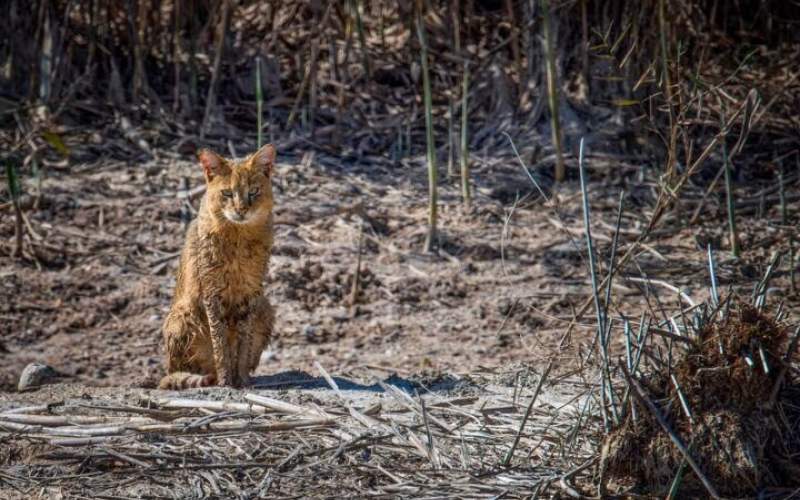The Iran Project
: A distribution map for 19 selected species of animals in the country's wildlife is being prepared for the first time by the Department of Environment.
Wednesday 14 February 2024 - 23:21
Story Code : 415262
Source : Tehran Times
DOE preparing distribution map for 19 selected species
“We should care about their habitats [not to be damaged] while implementing development projects.”
For this purpose, the DOE is providing a distribution map for 19 selected mammal species in the country in cooperation with Shiraz University, Akbari said, adding that almost 50 percent of the work is completed.
The distribution map will be prepared for all felines, including small ones such as sand cats and pallas cats, medium-sized cats such as caracals and lynxes, and large cats like leopards, as well as selected herbivores such as deer, antelope, ram, goat, maral, black and brown bear, the official explained.
“From now on, if there is a project to be carried out in an area, it will be easy to know what species are living there or if there is any sensitive habitat nearby. Therefore, the implementation method for each project will be compatible with the region and its environment.”
Protected areas on the rise
The number of protected areas under the supervision of the Department of Environment has increased 5.5 times after the 1979 Islamic Revolution.
Before the Revolution, there were a total of 58 protected areas in the country, Alireza Najimi, an official with the DOE said on February 9.
The number of protected areas has increased to 309 after the Islamic Revolution, ISNA quoted Najimi as saying.
In terms of area, the protected sites have expanded from 6.335 million hectares to 18.963 million hectares, he added.
In September 2023, Akbari said that during the last two years, the number of protected areas under a comprehensive management plan has increased, indicating a growth of 18 percent.
"The comprehensive plan studies the condition of wildlife, vegetation, water, and soil. Based on that, the land is classified into several zones," IRNA quoted Akbari as saying.
In these zones, parts of the area are considered only for protection, parts for recreation and nature tourism, and small parts for administrative activities, he explained.
“In fact, zoning and management are done based on specific conditions and the use of land."
A series of restrictions are imposed on these zones. For example, road construction or mining are banned. These limitations will ultimately lead to better management and preservation of the region, Akbari concluded.
Reporter : Editorial of The Iran Project
# Tags











